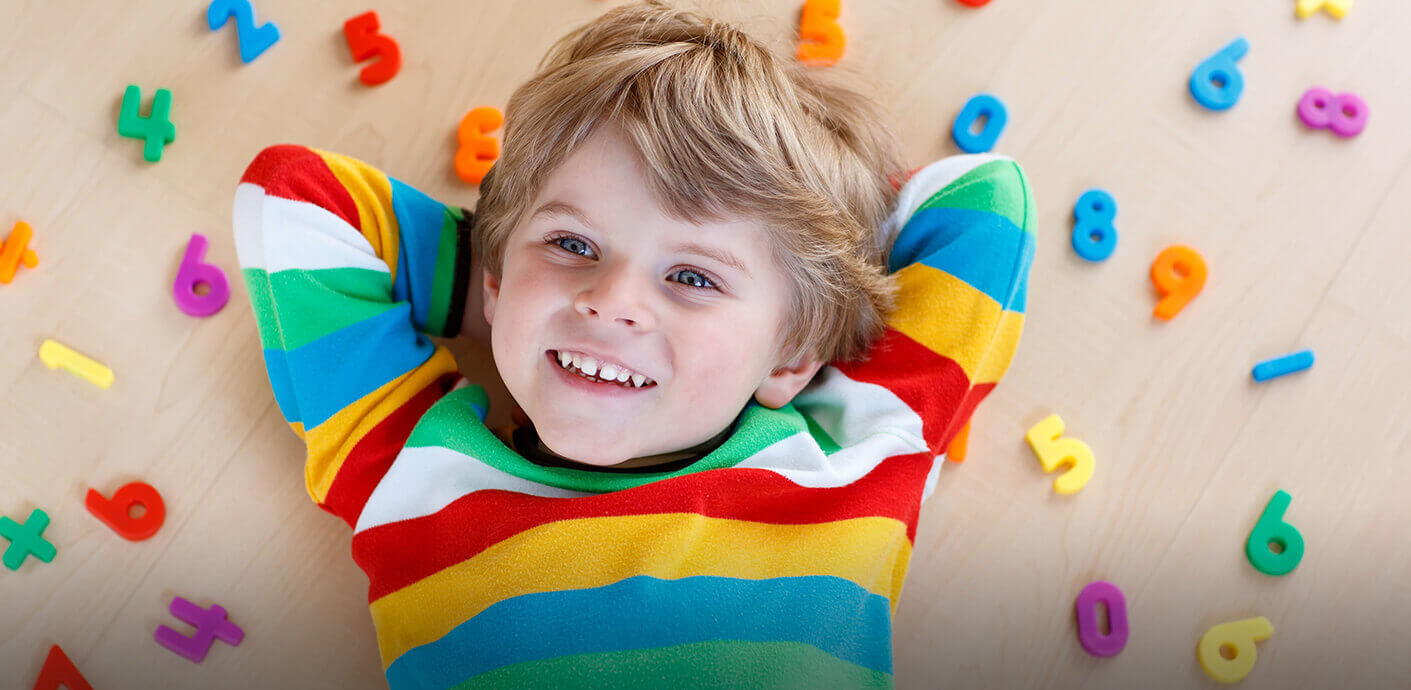Winning and losing: How to teach your toddler to cope with both.

Should you let your toddler win?
At some stage, most parents are faced with the dilemma of whether they should be holding back a bit, or giving it their best shot when playing games with their kids. Do you want to boost their confidence by letting them win or do you want to teach them the importance of bettering themselves and losing gracefully?
The thing is, there is nothing wrong with letting your child win every now and again, but at the end of the day, it’s just a game and the most important thing is to ensure your little one is having fun and learning. Again, learning is important – winning all the time is not. If you allow your kid to conquer everything they pursue without truly trying, it might give your child an inflated sense of confidence.
What’s wrong with self-confidence? Well, the problem comes into play when your child relies only on ‘winning’ to feel good or bad. In the long run, it is more valuable and important to teach your children about their personal strengths and how to work on their own personal best to develop a healthier sense of self-worth. As children grow older, they also start noticing when you let them win or take it easy on them. Although they might appreciate the sentiment, it might also feel to them as if you doubt their ability. It is important to trust your instincts when it comes to playing games with your toddler. Ask yourself how important the specific game is and take the context into account when deciding your next ‘game plan’. Playing games with your toddler will also allow you to see how they react to winning and losing, which is an important quality to understand and get to know.
Helping your child cope with losing.
It’s natural for any parent to fear a temper tantrum when playing games with their children. With toddlers, especially, games are frequently unpredictable when it comes to their temper.
When your little one gets upset while playing a game, the first thing you should do is take a step back. Although it might seem hard, try to view the situation objectively and not emotionally. Assess the situation rationally and try to figure out what triggered your child’s emotional response. Once your child has calmed down, offer words of encouragement and then continue to focus on the process of the game. Explain the aspects of the game where they succeeded. This allows your child to take pride in how they played the game- instead of the outcome.
Being competitive – where is the balance?
Most games are competitive, whether you intend for it to be or not. It’s important for your child to understand from a young age how to deal with it, which means learning to cope with the winning and the losing parts of life. Naturally, as a parent, you are going to have an unfair advantage. So why not balance out the odds while playing. Think of creative ways that will give you a bit of a setback. Alternatively, you can find games that are purely based on luck, where no skill is required, this way your child has the chance to win fair and square.





